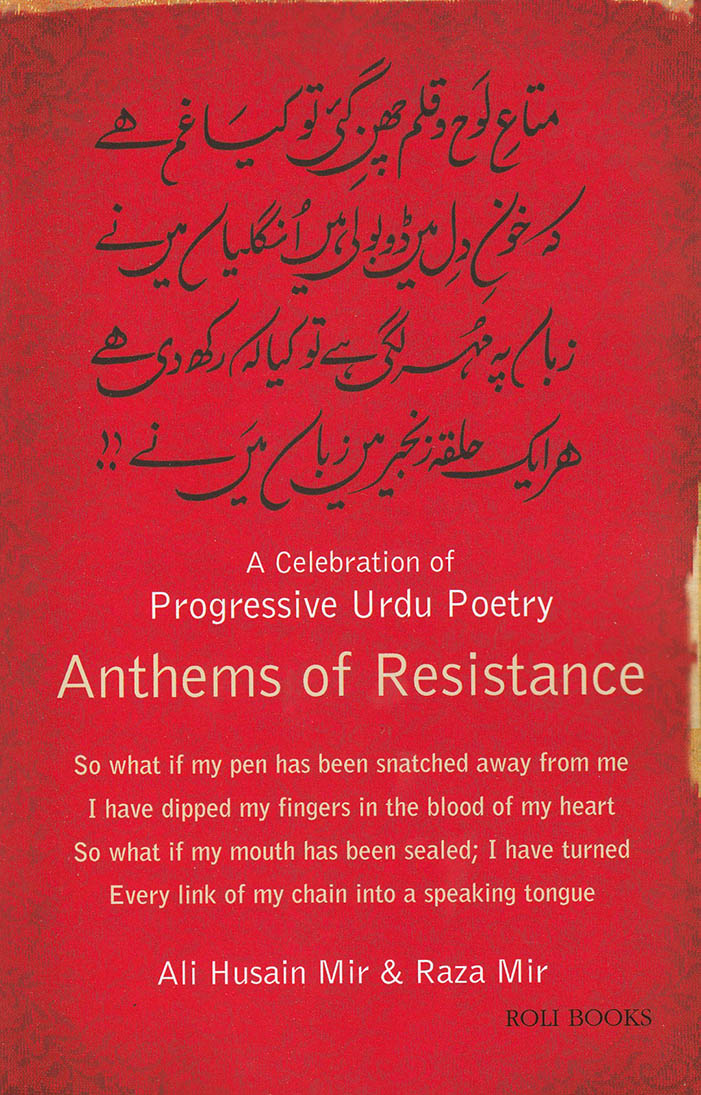
Anthems of Resistance: A Celebration of Progressive Urdu Poetry
Let a thousand verses bloom. Anthems of Resistance is about the iconoclastic tradition of poetry nurtured by Ali Sardar Jafri, Faiz Ahmad Faiz, Javed Akhtar, Fehmida Riyaz and all those who have been part of the progressive writers' movement in the Indian subcontinent. It documents the rise of the Progressive Writers' Association, its period of ascendancy, its crucial role in the struggle for independence, and its unflagging spirit of resistance against injustice. In the process, the book highlights various aspects of the PWA's aesthetics and politics such as its internationalist ethos, its romance with modernity, its engagement with feminism, its relationship to Hindi cinema and film lyrics, and the vision of a radically new world which its members articulated with passion.
Part history, part literary analysis, part poetic translation, and part unabashed celebration of the PWA era, this book is truly a unique resource. This is a lucidly written account of a glorious chapter in the history of Indian literature. The powerful verses of the PWA poets are wonderfully translated and, along with the highly accessible transliteration, offer the general reader a rare opportunity to appreciate the writings that helped shape a nation. Anthems of Resistance is truly an inspiring and pleasurable read.




